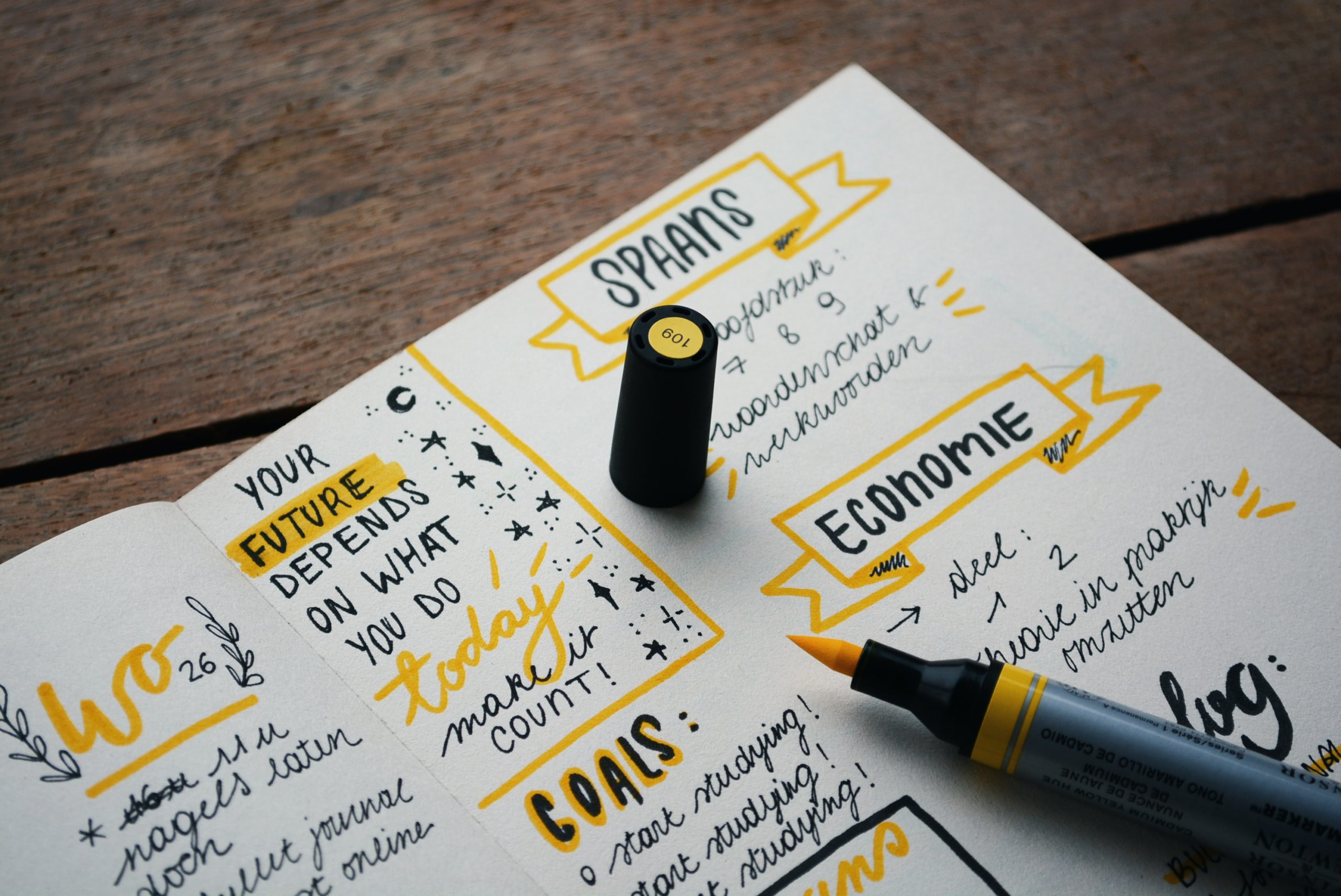MIND newsletter: Miswanting
Happy Saturday everyone! 😉
1. M (Challenge your mindset)
Another term for miswanting is the naïve psychology of happiness. Have you ever gone shopping and bought something you thought you wanted but ended up never using? Or have you ever worked hard to obtain something only to realize you hated it as soon as you got it?
Dan Gilbert states, “Liking has to do with how a thing makes us feel, and wanting is, simply enough, a prediction of liking“. However, all predictions are prone to being wrong.
Miswanting affects individuals’ desires and decision-making in various ways. Inwardly, miswanting can be fueled by a lack of self-awareness. When we don’t have a clear understanding of our own values, interests, or long-term goals, we become susceptible to miswanting, pursuing what we think we should want rather than what truly resonates with us.
Outwardly, societal influences such as social comparison, cultural norms, and capitalism play a significant role. Advertising and media, for example, shape an artificial sense of need or desire for things that may not genuinely align with our values or well-being. Have you heard the term “the new poor”? (from Work, consumerism and the new poor by Zygmunt Bauman). We are all victims of consumerism and materialistic culture to the point that we unwittingly perpetuate a cycle that reinforces our unhappiness – a cycle where work becomes a means to facilitate compulsive consumption, and consumption itself becomes a futile attempt to fill the void within.

2. I (I’m my own coach)
I pondered what could help clear the clouds of miswanting. Does it come down to our thoughts and beliefs?
People treat their thoughts and beliefs as gospel… However, we should treat our beliefs not as treasures to be guarded, but as hypotheses to be tested.
Rethinking with Adam Grant - Ambition vs aspiration Tweet
Far more frequently than we tend to realize, we find ourselves making decisions driven by the expectations of others, rather than taking into account our authentic aspirations and needs. It begs the question: What is the origin of our assumptions, beliefs, and preconceived notions?
Minimalism and simplicity also come to my mind when contemplating how to discern what we truly want. Minimalism makes me think of a white-walled room with clean lines and open spaces, containing only a few items necessary for basic functionality. Yet I hardly know anything about the owner of the space – do they have a story? What brings them joy? Simplicity, on the other hand, retains the individual taste. It creates an uncomplicated space that not only serves a functional purpose but also feels like home, presenting items in an accessible manner that fits their needs. The space itself becomes a vessel for storytelling and personal significance.
I think, our lives are akin to the spaces we inhabit. Start with minimalism but strive for simplicity.
What are some things you currently desire or pursue that might not truly contribute to your long-term happiness?
4. D (Do)
What is one thing that we can do to reduce unnecessary distractions and possessions in our life?
References
- You 2.0: Decide Already! | Hidden Brain : NPR
- Miswanting.pdf;sequence=1 (harvard.edu)
- ReThinking: Ambition vs. aspiration with philosopher Agnes Callard on Apple Podcasts
- Bauman, Z. (2004). Work, consumerism and the new poor. McGraw-Hill Education (UK).



